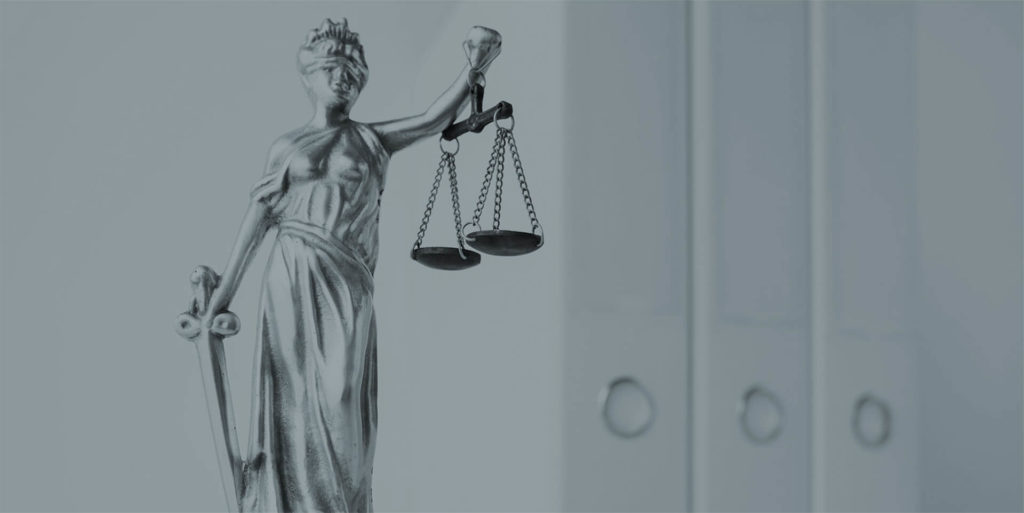Send your enquiry.
Contact us for a free, initial no obligation consultation.
"*" indicates required fields
Your information is safe and treated in accordance with our Privacy Policy
You do not have to give the police your phone password or your PIN number unless they serve a section 49 notice. If you are subject to a section 49 notice, then you could be committing a criminal offence if you refuse to disclose your passcode.
Knowing Your Rights
If you are a suspect in a criminal investigation and the police are asking for your phone passcode, please contact us now at Ashmans Solicitors. We can explain what to do, representing you throughout proceedings. We are available 24 hours a day, 7 days a week.
Do you have to tell the police your phone password?
You do not have to tell the police your phone password, unless a section 49 has been issued. Are encrypted phones illegal ?
Let us explain what this means in greater detail.
If you are being investigated for a crime, it is very likely that the police (or other investigatory body, such as the National Crime Agency) would like to look through your electronic devices. After all, it might hold incriminating evidence as to where you were when a crime took place, who you spoke to over the phone, and what messages you sent and received. It might also provide access to your social media accounts, finances and other useful pieces of evidence.
Because of this, the police may seize your phone and other electronic devices. This is permitted if you have been arrested or the police have a search warrant. They can also attempt to access your phone without your consent, although only if the necessary legal permissions are obtained. To by-pass these legal permissions, the police may simply ask you for the password or passcode. Often, this request is made during a police interview under caution. So, do you have to tell the police your phone password (or indeed, your computer password)?
In this situation, the answer is no. The police have the right to ask, and you have the right to remain silent. The police may try to frighten you by saying that you will be charged with a separate criminal offence if you do not provide the information. They may even make you sign a piece of paper saying that you have been formally warned of the repercussions. But actually, this is not true – unless they have a section 49 notice, also known as a RIPA notice.
What is a section 49 notice?
A section 49 notice is when the court provides the police (or other investigatory authority) the power to demand a password or passcode from a suspect. Once a section 49 notice is served, it becomes illegal to refuse to disclose your password or passcode. If you do not provide the relevant information, you could be charged under the Regulation of Investigatory Powers Act (RIPA) 2000. If found guilty, you could face:
- Up to two years’ imprisonment; or
- Up to five years’ imprisonment, should the case involve issues of national security or child indecency
To serve a section 49 notice, the police must first get written permission from a judge or district judge. Permission will only be granted if the notice is necessary:
- In the interests of national security; or
- For the purposes of preventing or detecting a crime; or
- For the UK’s economic well-being
A section 49 notice must:
- Be in writing
- Set out the protected information to which it relates
- Set out the grounds for requiring it (as above)
- Specify the office, rank or position of the person giving it
- Specify the office, rank or position of the person granting permission
- Specify the time by which the notice is to be complied with
- Specify what disclosure is required and how it is to be provided
Should you comply with a section 49 notice?
If you are served with a section 49 notice, you must decide whether or not to comply. The police cannot force you to tell them your passcode. However, if you refuse, then you could face criminal charges. This is sometimes a catch-22 situation. If your device holds incriminating evidence, you may prefer to withhold the information. But doing so could result in a custodial sentence of up to two or five years. This penalty may be more severe than the sentence you would receive for the criminal charges you are being investigated for. In fact, your case may not even end up in court, or you may be found not guilty.
That is why you should talk to a criminal defence solicitor about your options. A criminal defence solicitor from our firm can advise how best to proceed. Call us on 0333 009 6275. We are available 24 hours a day, 7 days a week.
You can also email us on enquiries@ashmanssolicitors.com or complete our Free Online Enquiry Form and we will contact you.
Have people gone to prison for refusing to provide their phone password?
The threat of a custodial sentence is a real one. People have gone to prison for failing to comply with section 49 notices. This includes a man who was sentenced to eight months’ imprisonment for refusing to provide his phone and iPad passwords. In 2017, 36 weeks’ imprisonment was handed to a man who failed to disclose his iPad password. And 2018, a murder suspect was imprisoned for 14 months because he did not give police his Facebook password.
What if I do not know the password, passcode or PIN?
The only defence available is that you genuinely do not know the password, passcode or PIN, and so cannot provide it to the police. If this is the case, then it is your solicitor’s job to show that you were not in possession of the passcode when the notice was served.
Speak to our solicitors
The matter of whether to tell the police your phone password, or your other passwords, is a difficult one. If there is material evidence on the device that would implicate you in a serious crime, then it may be preferable to withhold the information – even if a section 49 notice is served. However, if the disclosure would have little bearing on your case, then you could be causing more trouble than it is worth.
There is also a lot of confusion around what a suspect does and does not have to do from a legal standpoint. The police sometimes provide misleading information, telling suspects that they will face criminal charges for failing to disclose a password, even though a section 49 has not been served. This is not true, but unless a suspect has a legal representative with them, it is a trap they may fall into.
For these reasons, we always recommend that you talk to a criminal defence solicitor, before answering any police questions. This includes questions along the lines of: what is your phone passcode? What is your laptop password? What is your Facebook password? We can explain whether or not you have to give up this information to the police, and what will happen if you refuse. We can also assess your case and determine the best tactical approach to take.
Remember, you are entitled to free legal representation at the police station. You can call the duty solicitor, or you can call a criminal defence solicitor of your choosing – such as the ones here at Ashmans.
Solicitors – England and Wales
If you are being investigated on suspicion of committing a crime, call us on 0333 009 6275. We are available 24 hours a day, 7 days a week.
You can also email us on enquiries@ashmanssolicitors.com or complete our Free Online Enquiry Form and we will contact you.
Do I Have to Give the Police My Phone Password? Quick facts
Do I have to give the police my phone password?
No, you do not have to give the police your phone password (or any other password) unless you are served with a section 49 notice.
Is it illegal to refuse to disclose your phone password to the police?
It is not illegal to refuse to disclose your phone password to the police, unless you have been served with a section 49 notice.
Can the police take my phone?
The police can take your phone if you hand it over voluntarily, or if you have been arrested, or it is seized under the terms of a search warrant. The police may also be able to justify taking your phone if:
- They are investigating terrorism-related offences or child sex offences
- They have reasonable suspicion to believe it is evidence relating to a drugs offence
- They believe the device to be stolen, and they are trying to confirm whether or not this is the case.
Can the police force me to unlock my phone?
No, the police cannot force you to unlock your phone, whether by force or coercion. For example, they cannot hold your thumb against a phone to enable touch ID.
Can the police search my phone?
The police can only search your phone if you consent, or they have the necessary legal permissions. If a device is seized and/or searched unlawfully, the evidence obtained during this search may be excluded from further legal proceedings.
What should I do if I’m not sure of my rights?
If you are not sure what your legal rights are, please contact us at Ashmans Solicitors for free legal advice. Call us on 0333 009 6275. We are available 24 hours a day, 7 days a week.
You can also email us on enquiries@ashmanssolicitors.com or complete our Free Online Enquiry Form and we will contact you.




